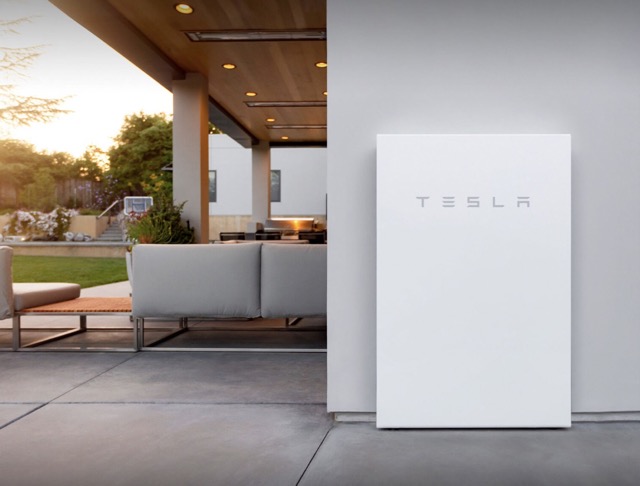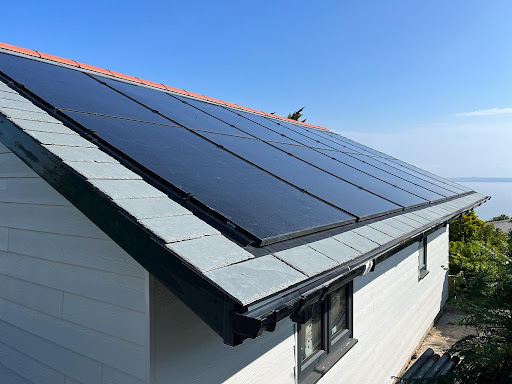
Additionally, when selecting solar panels, it is critical to examine your location's climatic conditions, as different types perform differently in different regions.
Assessing your insulation, windows, heating and cooling systems might reveal possible energy savings that may influence the size and capacity of the solar panel system required.

Different restrictions and incentives may be in place in each city, county, and state, which can impact the practicality and cost-effectiveness of solar installation.
Evaluating the suitability of your property. Several major variables must be considered when determining your property's suitability for solar panels.

By taking these factors into account, you can make an informed decision that is consistent with your environmental and financial goals.
It's also critical to consider your geographic location and climatic patterns, as these factors will influence the amount of the sun's energy received and, consequently, the effectiveness of solar panels.
The material used in the panels can affect their durability and longevity, with monocrystalline, polycrystalline, and thin-film panels all having distinct advantages.
